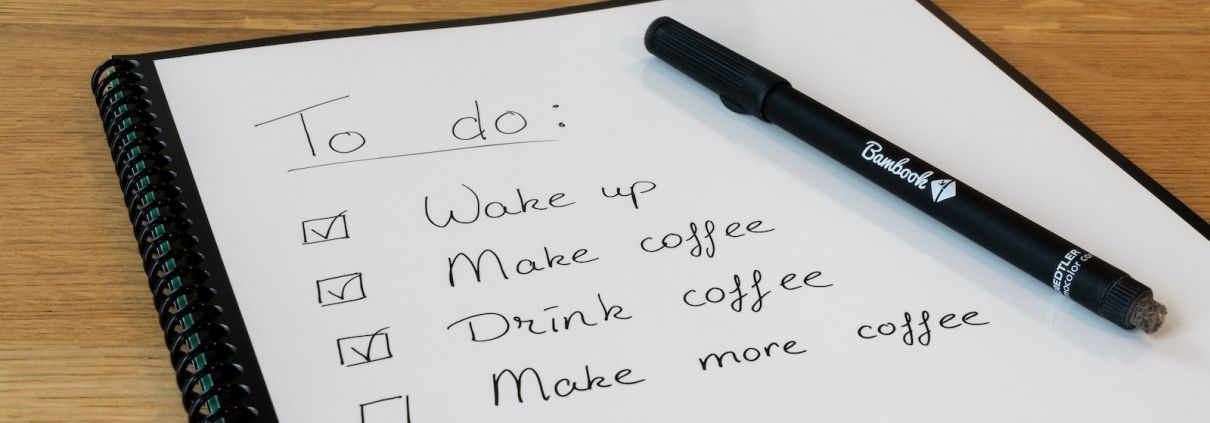You’ve Done a 30 or Longer, Now What? A Quick Check for Moderation
by Cyndi Turner, LCSW, LSATP, MAC
Congratulations! You may have made it through a month, or longer, without drinking. Or you may have had a couple of slips, but hopefully those helped you identify what wasn’t working for you. Now that the month is over, it is time to decide what you want your relationship with alcohol to look like in the future. I developed the “Quick Check” to help you assess how your alcohol moderation is going. The Quick Check looks at four areas: Amount, Frequency, Intent, and Impact.
Amount
Remember the guidelines for alcohol moderation. For men, that means less than fourteen drinks a week and less than seven a week for women. It is important to develop an alcohol moderation plan before you resume any type of drinking. I have found that the people who experience the greatest success with alcohol moderation usually drink no more than once a week, not alone, and no more than three drinks at a time.
In developing and assessing your plan, ask yourself the following questions:
- How many times a week do I want to drink?
- How many drinks do I have before I start to lose control?
- Why do I want to consume alcohol?
- How do I feel on the days I drink and the few days after?
- How much am I focusing on my drinking days?
- Am I sticking to the amount I agreed upon?
Paying attention to how you feel on a drinking day is helpful. If that is the one day you look forward to all week, you still have work to do. Explore what is bad about your day-to-day life that you crave this outlet. Look for other activities you can look forward to doing.
Frequency
Checking the frequency of alcohol use is similar to monitoring the amount. It should fall within the moderation guidelines. Watch out for how often you are drinking and if you are seeking out more situations where alcohol will be present. What it is like when you do not drink? You may surprise yourself when you realize you do not miss drinking as much as you thought and enjoy the benefits of alcohol-free events.
Intent
Be aware of why you are drinking. If you are looking to change your mood or to cope with emotions, you may need to develop alternative ways to manage. Do you truly enjoy the taste and the experience of your drinks? Have you find other ways to celebrate, manage stress, or mark the transition from work to relaxation?
Identify someone who has their life together. It can be someone you know or even a television, movie, or book character. Observe what they do and how they do it. Then emulate their positive qualities and actions.
Notice how you feel on nondrinking nights. If you feel bored, miserable, or left out, you may only be focusing on what you are losing, not what you are gaining. Identify other ways to relax, socialize, and have fun. This takes time, especially as past alcohol consumption may have damaged the neurotransmitters in your brain that allow you to feel pleasure and happiness. It can take several months to repair the effects that alcohol has had, but know that you will eventually feel better physically and emotionally!
If you continue struggling on nondrinking nights, you may have not allowed enough time to adjust to a new lifestyle. Any change takes time to feel normal. It may take several months, but most people report feeling significantly better after six months, and certainly by a year.
Impact
When you drink now, what happens? Are you experiencing consequences? What are loved ones saying about your drinking? They often can spot subtle changes in mood and behavior to help prevent things from getting out of control.
If you are feeling an effect from the alcohol you consume, reevaluate the amount you are taking in. Identify why you place a high priority on drinking. Pay attention to how you feel when you drink. If this is the only time you are happy or feel normal, it may be helpful to seek outside help from a therapist or support group. When moderation is not working, I typically recommend returning to a period of abstinence to establish a new baseline and learn additional coping strategies.
What’s Next
Some of my clients have said that moderation is too hard for them—they don’t like having to plan out how many drinks they will have and evaluating the impact. About a third of individuals who go through a period of abstinence like it better and decide to continue with it. Others find that practicing moderation and using the Quick Check is a good way to be more in tune with themselves, having developed better coping skills to maintain overall wellness. Know that whatever path you decide, there are many resources to support you like those found in Moderation Management.
Cyndi Turner, LCSW, LSATP, MAC is the Co-Founder & CEO of Insight Into Action Therapy and Insight Recovery Centers. She is Moderation Friendly therapist in the addiction treatment field for three decades. She developed the Alcohol Moderation Assessment and is the author of The Clinician’s Guide to Alcohol Moderation: Alternative Methods and Management Techniques and Practicing Alcohol Moderation: A Comprehensive Workbook.




Leave a Reply
Want to join the discussion?Feel free to contribute!